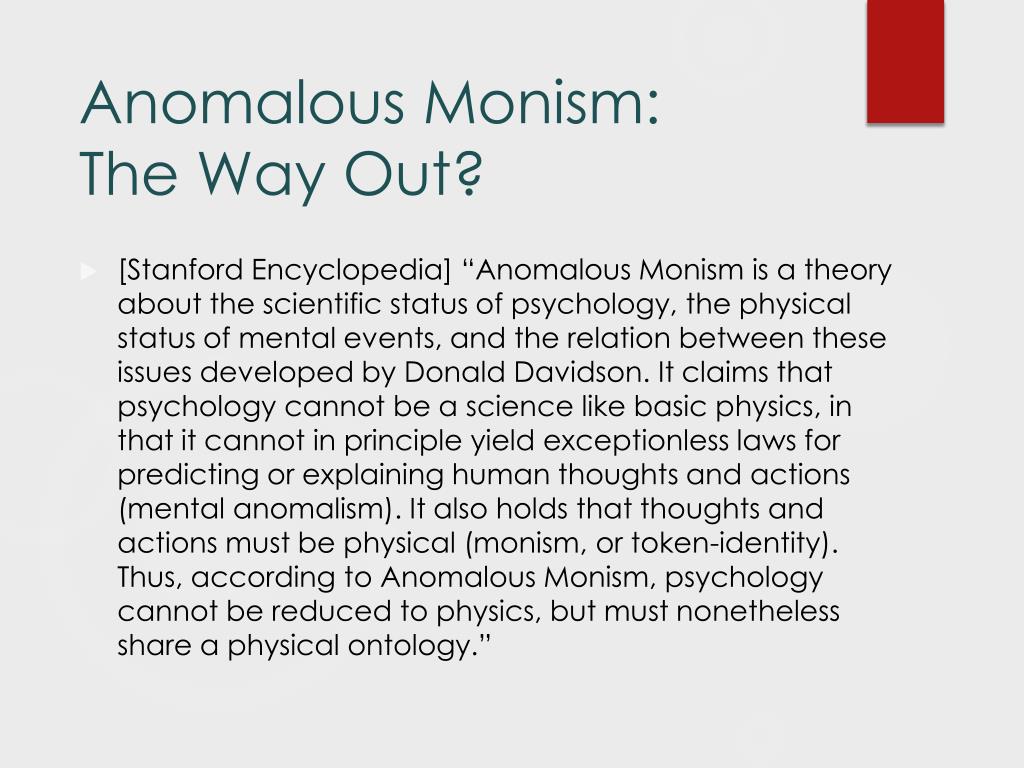Is there a difference between the way we perceive happiness and life in the West in comparison with “Eastern” cultures? Erich Fromm argues that the capitalist West is stuck in a “mode of having,” searching for life satisfaction in the possession of things; while the “Eastern” view or life (in his example, a Japanese poem) is more oriented towards “being.” Chinese-American writer Lin Yutang (1895-1976) also thinks that there is a specifically “Chinese” way of being happy – but do they both mean the same?
This article is part of The Ultimate Guide to the Philosophy of Erich Fromm.
If you like reading about philosophy, here’s a free, weekly newsletter with articles just like this one: Send it to me!
Erich Fromm and Bhutan’s National Happiness
In a famous passage, discussed in a previous post, psychologist and philosopher Erich Fromm compares what he calls the “Eastern” way of seeing the world with the “Western” way.
(I prefer to put “Eastern” in quotation marks here, because it really seems a bit odd and haphazard to stuff Mongolian, Tibetan, Indian, Pakistani, Burmese, Malay, Thai, Chinese, Korean and Japanese cultures, along with dozens of others, into one category. “Western” might arguably denote something more consistent and uniform, since the European/American West has a long tradition of at least having a common Christian foundation, common origins in Greek and Roman philosophy and history, and a pervasively uniform, mainly US-led pop culture in the present.)
Fromm, in his book “To Have or To Be,” presents two poems and asks us to witness the cultural differences in the way the two poets react to the beauty of a flower:
English poet Alfred Lord Tennyson (1850–1892):
I pluck you out of the crannies,
I hold you here, root and all, in my hand,
Little flower — but if I could understand
What you are, root and all, and all in all,
I should know what God and man is.
Japanese poet Matsuo Bashō (1644-1694):
I see the nazuna blooming
By the hedge!
”The difference is,” Fromm says, “between a society centred around persons and one centred around things.” While Tennyson wants to possess the flower, plucking it out and killing it, the Japanese poet is merely “looking carefully” at the flower, letting it live on instead of destroying it in the process.

Erich Fromm (1900-1980)
Erich Fromm (1900-1980) was a German social psychologist and philosopher who had enormous popular success from the 1950s all the way to the end of his life in 1980. We discuss his work and his relation to Marxism and Freud.
We also saw in a previous post how Bhutan’s Gross National Happiness Index assumes that there are specific cultural values that are unique to that country: religious rituals, its traditional language, and even particular forms of behaviour or causes of happiness that are different from those found in the West. …
Read the full article which is published on Daily Philosophy (external link)





